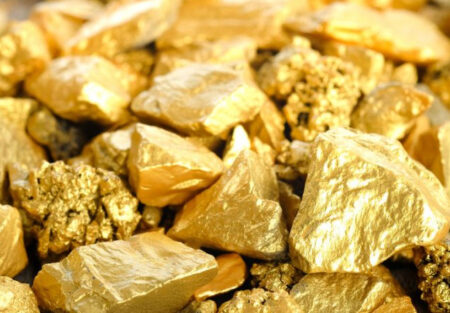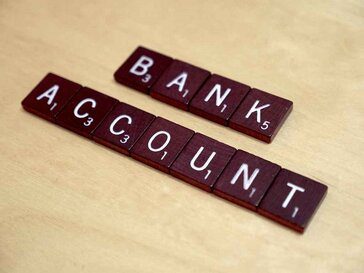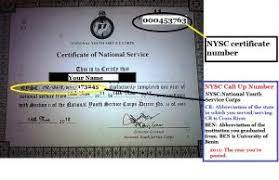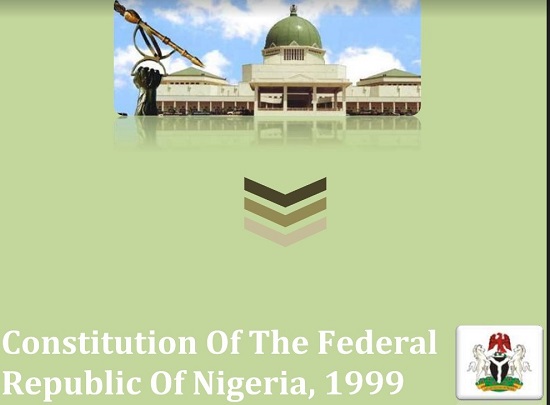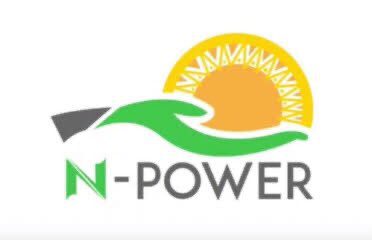Last updated on August 17th, 2023 at 04:31 pm
Who is the Minister of Steel Development?
Shuaibu A. Audu is the new Minister of Steel Development in Nigeria.
During the government of ex-President Muhammadu Buhari, the ministry was known as the Ministry of Mines and Steel Development in Nigeria.
Nigeria is blessed with numerous mineral resources which if appropriately harnessed can generate trillions of Naira for the country. Some of the mineral resources found here include bitumen, coal, talc, gypsum, lead and zinc, iron ore, rock salt, and barite which can be found in nine states among others.
Table of Contents
To properly manage these resources to ensure that they contribute to the national revenue, the Federal Ministry of Mines and Steel Development (MMSD) was created in 1985 during the military administration of Major-Gen. Muhammadu Buhari in 1985.
The ministry was saddled with the responsibility of encouraging the development of the country’s solid mineral resources.
Shuaibu A. Audu succeeds Mr. Olamilekan Adegbite as the Minister of Steel.
5 Functions of the Ministry of Steel Development
Some of the roles of the steel development ministry include:
1) To formulate steel resources policy
2) To make available useful information for investors on mining and production
3) To adequately regulate the operations of mineral resources in Nigeria
4) Just like the discovery and exploration of crude is fetching Nigeria trillions of naira in revenue, MMSD is to design a model that will generate revenue for the federal government.
5) Oversees the issuance of Mining Permits and Licenses
Composition
The Ministry of Mines and Steel Development has eight agencies, 12 departments with 17 divisions, and seven units with other sub-units to adequately manage mineral resources spread across the country.
Agencies:
Below are the seven agencies under the ministry of mines and steel:
- Council of Nigerian Mining Engineers and Geoscientists (COMEG)
- Mining Cadastre Office (MCO)
- Ajaokuta Steel Company Limited (ASCL)
- Metallurgical Training Institute (MTI)
- National Steel Raw Materials Exploration Agency (NSRMEA)
- National Metallurgical Development Centre (NMDC)
- National Iron Ore Mining Company (NIOMCO) formerly known as Associated Ores Mining Company (AOMC)
Departments
There are 12 departments with 17 divisions, they are:
- Metallurgical Inspectorate & Raw Materials Development (Metallurgical Inspectorate Division,Raw Materials Development Division)
- Mines Environment & Compliance (Environmental Impact Assessment Division,Reclamation & Rehabilitation Division)
- Mines Inspectorate (Explosives Division, Mines Inspectorate Division)
- Artisanal & Small Scale Mining(Artisanal & Small-Scale Mining Division, Cooperative Division)
- Steel and Non-Ferrous Metals (Policy Formulation Division, Policy Monitoring & Evaluation Division)
- Planning, Research & Statistics (Planning & Policy Division, Monitoring & Evaluation Division,Research & Statistics Division)
- Finance & Accounts (Accounts Division,Funds Division)
- Human Resources Management (Training & Staff Welfare Division, Appointment Promotion & Discipline Division)
- Procurement
- General Services
- Investment Promotions and Mineral Trade
- Special Duties
The ministry has the following nine units:
- Information communication technology
- Servicom
- Stock Verification
- Procurement
- Protocol
- Policy
- Press
- Internal Audit
- Legal
Former Ministers of Steel Development:
- Lesley Obiorah: 2006 to 2007
- Sarafa Tunji Isola: July 2007 to October 2008
- Diezani Allison-Madueke: December 23, 2008 to April 6, 2010
- Arch. Musa Mohammed Sada
- Kayode Fayemi (it was known as Ministry of Solid Minerals)
- Olamilekan Adegbite
- Shuaibu A. Audu: August 16, 2023 till date
Deposits of Mineral Resources In Nigeria
In 2018, a renowned geologist at the University of Jos, Professor Uriah Alexander Lar published a research paper where he says Nigeria is blessed with a lot of mineral resources.
In the expository paper titled, “Geology and Mineral Resources of Nigeria and Their Uses,” Prof. Lar concluded that less than 5 percent of Nigeria’s mineral resources are explored and utilized. This further shows Nigeria’s overreliance on crude oil.
| Mineral Resources of Nigeria | Quantity of Deposits |
| Coal | 3bn tonnes |
| Bitumen | 42bn tonnes |
| Talc | 40m tonnes |
| Iron ore | 3bn tonnes |
| Rock salt | 1.5m tonnes |
| Gypsum | 1bn tonnes |
| Lead and zinc | 10m tonnes |
Who Owns Mineral Resources in Nigeria?
According to the Nigerian Minerals and Mining Act 2007 or Mining Act, all mineral resources in any part of Nigeria belong to the Federal Government.
As such, only the federal government can issue certificates of mining and exploration of mineral resources.
Where is the Federal Ministry of Mines and Steel Development Located?
The ministry has its corporate head office located at:
No. 2, Luanda Crescent,
off Adetokunbo Ademola Crescent,
Wuse II, Abuja, F.C.T., Nigeria
Social media handles:
- facebook.com/FMMSDNgr
- twitter.com/FMSMDNgr
- youtube.com/channel/UCqZ2J08dUHJrNwm56gJ-L6g
- The official website is minesandsteel.gov.ng
Conclusion:
Nigeria’s Mines and Steel Development Ministry was established in 1985 with the aim of developing a road map, mining, and exploration of mineral resources in Africa’s most populous country.
Called FMMSD for short, the ministry has seven agencies, 12 departments with 17 divisions, and nine units to help adequately harness the mineral resources spread across Nigeria.

